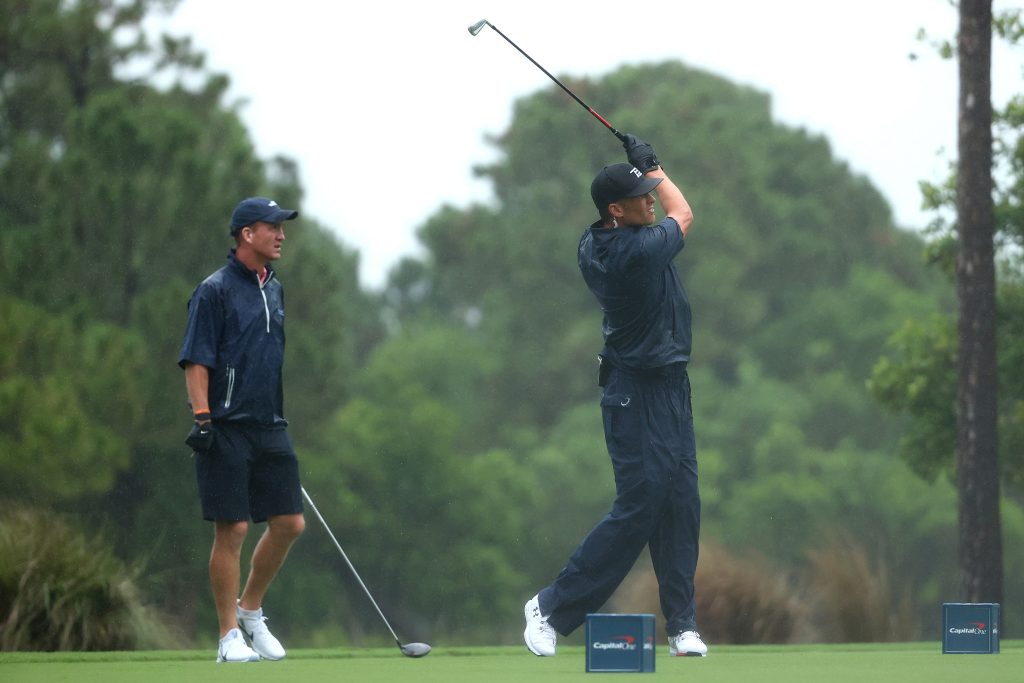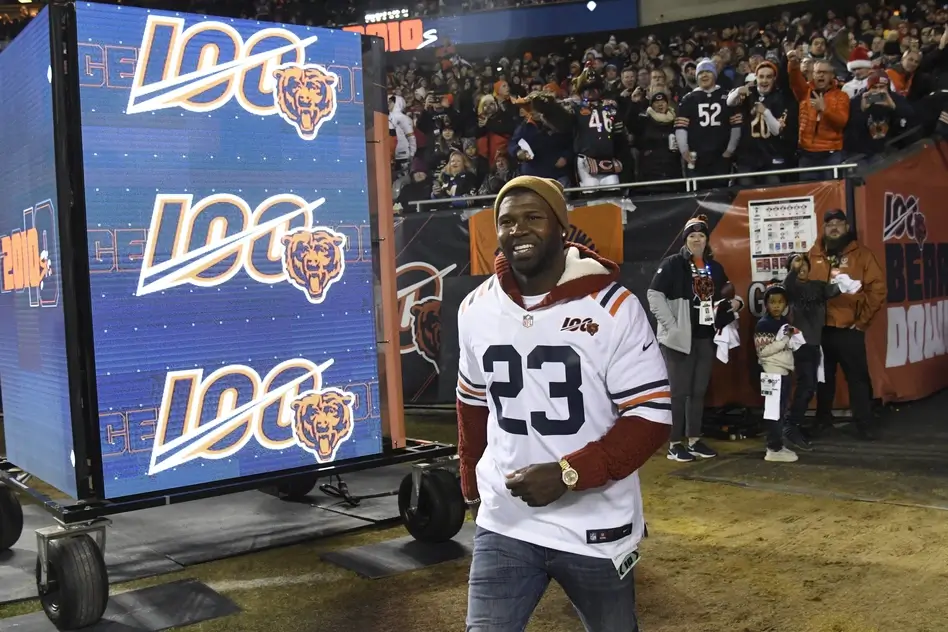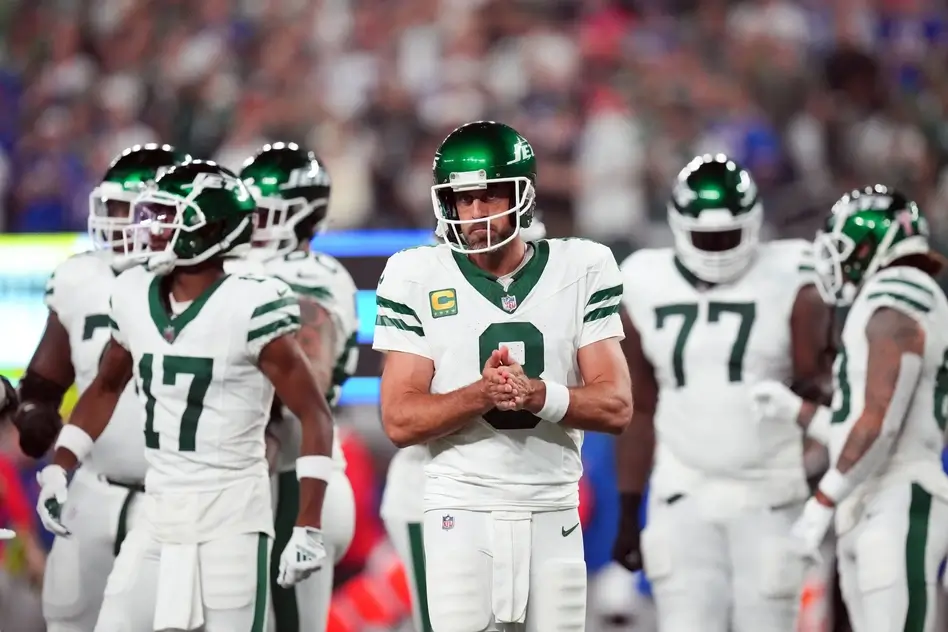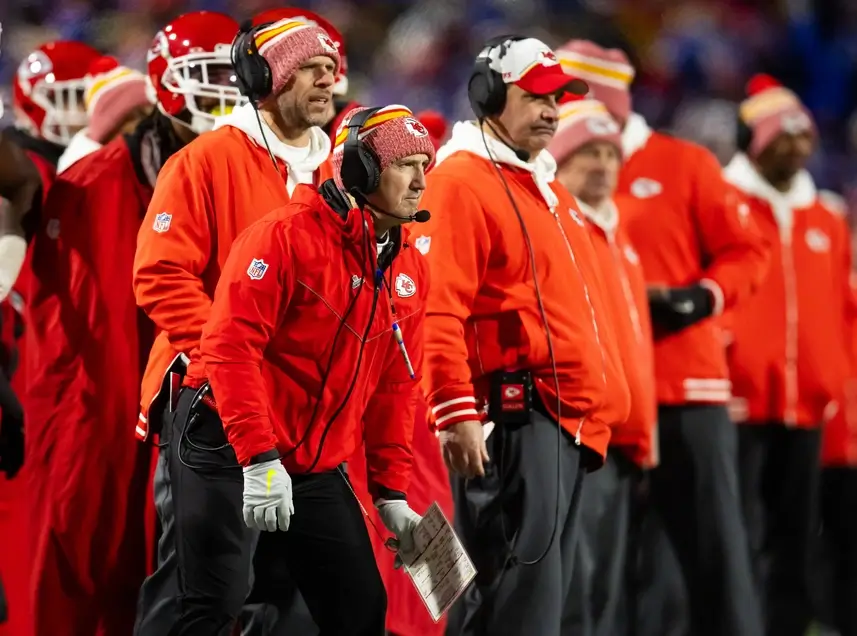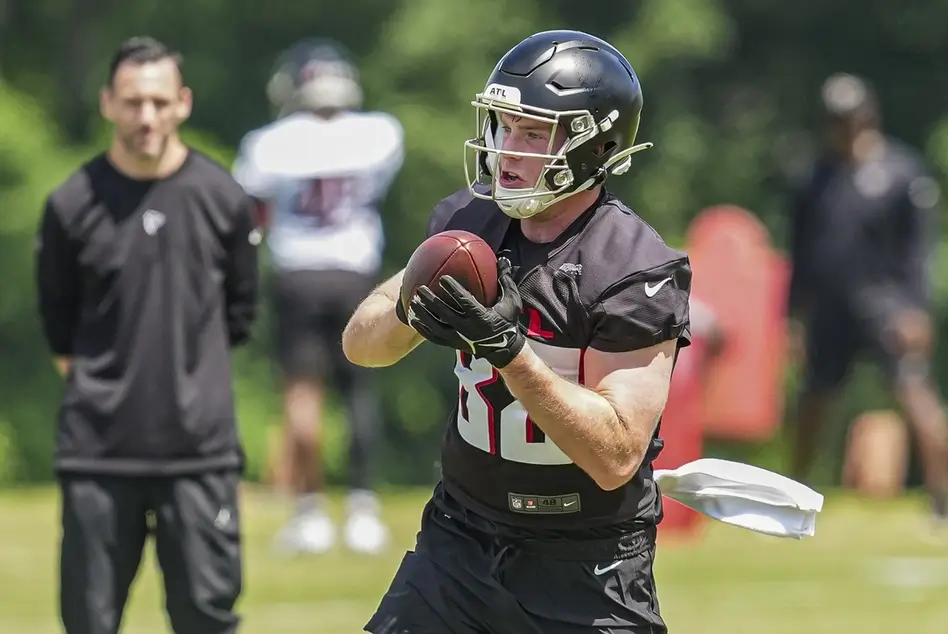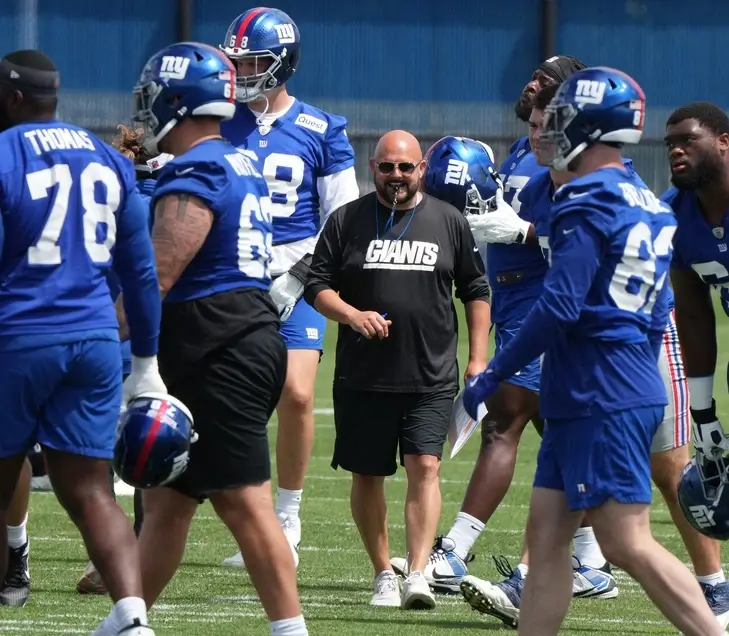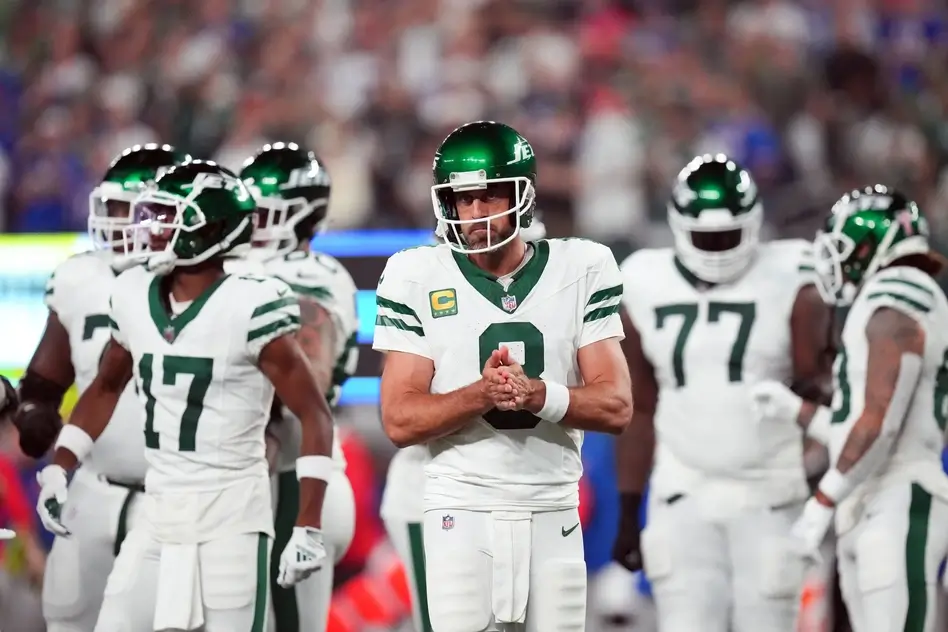While they were both players, the Tom Brady vs Peyton Manning comparison was among the biggest debates among fans, and that’s unlikely to change for many years to come.
The Manning vs Brady debate is one of those that’s going to rage on forever. After all, both are among the greatest QBs in NFL history and certainly won’t be confused with some of the most underrated quarterbacks of all time. But with both arguably on the Mount Rushmore of NFL quarterbacks, which one deserves to be labeled as the greatest of all time?
Settling the Tom Brady vs Peyton Manning comparison and debate
We decided to take a comprehensive look at the Manning vs Brady debate and settle it once and for all. We tried to look at things from as many different angles as possible so we could get a full scope of each player’s career, abilities, and accomplishments.
Obviously, fans are free to have their own preference in this debate. But here is our attempt at settling the Brady-Manning rivalry.
Instant success
While it seems reasonable that Manning would hit the ground running after being picked first overall in 1998, that wasn’t the case. He had plenty of growing pains as a rookie, throwing more interceptions than touchdowns and actually leading the league in picks. The Colts also went 3-13 that season, matching their record from the previous year. Manning and the Colts also went 6-10 in his fourth pro season.
However, that would be the only two losing seasons in Manning’s career. In his second pro season, Manning guided Indy to a 13-3 record during the regular season. Also, it only took him until his third season in the NFL to lead the league in both passing yards and touchdowns for the first time, so his growing pains were brief.
Of course, Brady barely saw the field as a rookie, although he hit the ground running when he was pressed into duty during his second season after the injury to Drew Bledsoe. Brady was 11-3 as a starter that year, ultimately guiding the Patriots to a Super Bowl win.
Brady and the Pats would win two more Super Bowls within his first five seasons in the league with Brady compiling a 38-14 record in those years. The only caveat is that Brady didn’t average more than seven yards per pass until his fifth season in the league, showing that he was a little more than a game manager during his early years despite what most people remember.
The prime years
Oddly enough, Brady’s prime years came without a Super Bowl ring. The Patriots were without a championship from 2005 to 2013 when Brady should have been at his best. Of course, they racked up wins during the regular season like nobody’s business in those years, going 16-0 in 2007 and 14-2 in 2010, which are the years when Brady won his first two MVP awards.
The lack of championships aside, Brady maintained a consistently high level of play throughout his prime.
As for Manning, he started to hit his stride in his sixth season in the league. That was the year when he won his first MVP award and led the league in passing yards for the second time. Starting with the 2003 season, Manning won four MVPs in a seven-year stretch.
During those seven years, the Colts never failed to win at least 12 games, going 89-23 during the regular season over that spell while also winning the Super Bowl in 2006. Manning also led the NFL in passer rating in three straight seasons during his prime, including twice in years in which he didn’t win MVP.
The golden years
It’s hard to argue that Manning was still anywhere near his best during his final season in Denver despite the Broncos winning the Super Bowl. Manning threw just nine touchdown passes with 17 interceptions that season. However, during his first three years in Denver, Manning was as good as any aging quarterback has been. He set the NFL single-season record for both passing yards and touchdown passes in 2013, leading arguably the most prolific offense in NFL history while winning MVP for the fifth time.
For a quarterback who missed an entire season with a neck injury, Manning’s first three seasons in Denver were nothing short of spectacular.
Of course, there is no precedent for Brady accomplishing what he’s accomplished after the age of 40. He turned 40 right before the 2017 season and proceeded to win MVP honors for the third time.
Brady also won two Super Bowls with two different teams after the age of 40. On top of that, he led the NFL in both passing yards and touchdowns during the 2021 season, somehow setting his personal record for passing yards during his 22nd season in the league.
Postseason success
Frankly, it’s unfair to compare anyone’s postseason success to Brady’s. He won the first 10 playoff games of his career, including three Super Bowls. On 20 occasions, he led his team to the postseason and lost his first game just four times.
Following the 2022 season, Brady owns a 35-13 postseason record. Needless to say, he also owns the all-time NFL records for passing yards, completions, touchdowns, and interceptions in playoff history by virtue of playing so many games. On the other hand, Manning was just 14-13 in his playoff career despite winning two Super Bowls.
On nine occasions, Manning’s team lost in its first playoff game. For whatever reason, Manning didn’t always bring his best to the playoffs, throwing 40 touchdowns and 25 interceptions in 27 career games.
Supporting cast
One area where Brady deserves a lot of credit is that he was rarely surrounded by elite talent. Granted, he benefited from many years with Rob Gronkowski, who is one of the best tight ends ever. Also, some of Brady’s best seasons came when Hall of Famer Randy Moss was in New England. The receiving talent around him late in his career with the Buccaneers was also outstanding. However, during Brady’s time in New England, his wide receivers combined for just seven Pro Bowl selections, most of them belonging to Wes Welker.
On the contrary, Manning spent most of his time in Indianapolis throwing the ball to Marvin Harrison and Reggie Wayne. For years, they were arguably the best receiving tandem in the NFL, in part because they had Manning but also because both were immensely talented, making Manning’s job a little easier.
Harrison is a Hall of Famer who went to the Pro Bowl in eight consecutive seasons starting with Manning’s second season in the league. Wayne has a strong Hall of Fame case as well, as he was selected to the Pro Bowl in each of Manning’s last five seasons with the Colts.
The Verdict
Taking everything into account in the Tom Brady vs Peyton Manning comparison, there’s little choice but to give Brady a slight edge. While Manning might be the all-time intellectual master of the quarterback position, that’s not enough to overcome Brady’s resume.
Obviously, Manning’s five MVPs are unmatched and distinguish him as an all-time legend. In fact, when Manning was at his best, he reached a higher level than Brady ever did.
However, Brady’s longevity and propensity for winning supersede Manning being a little better at his peak. With seven Super Bowls and five Super Bowl MVPs over a career that has spanned more than two decades, Brady has won more and accomplished more than Manning did. It’s a wonderful debate to have, but Brady has to go down as the best quarterback in NFL history with Manning surely being a close second.


